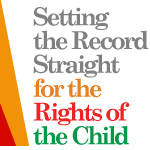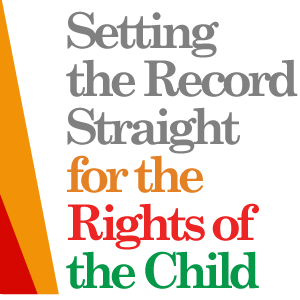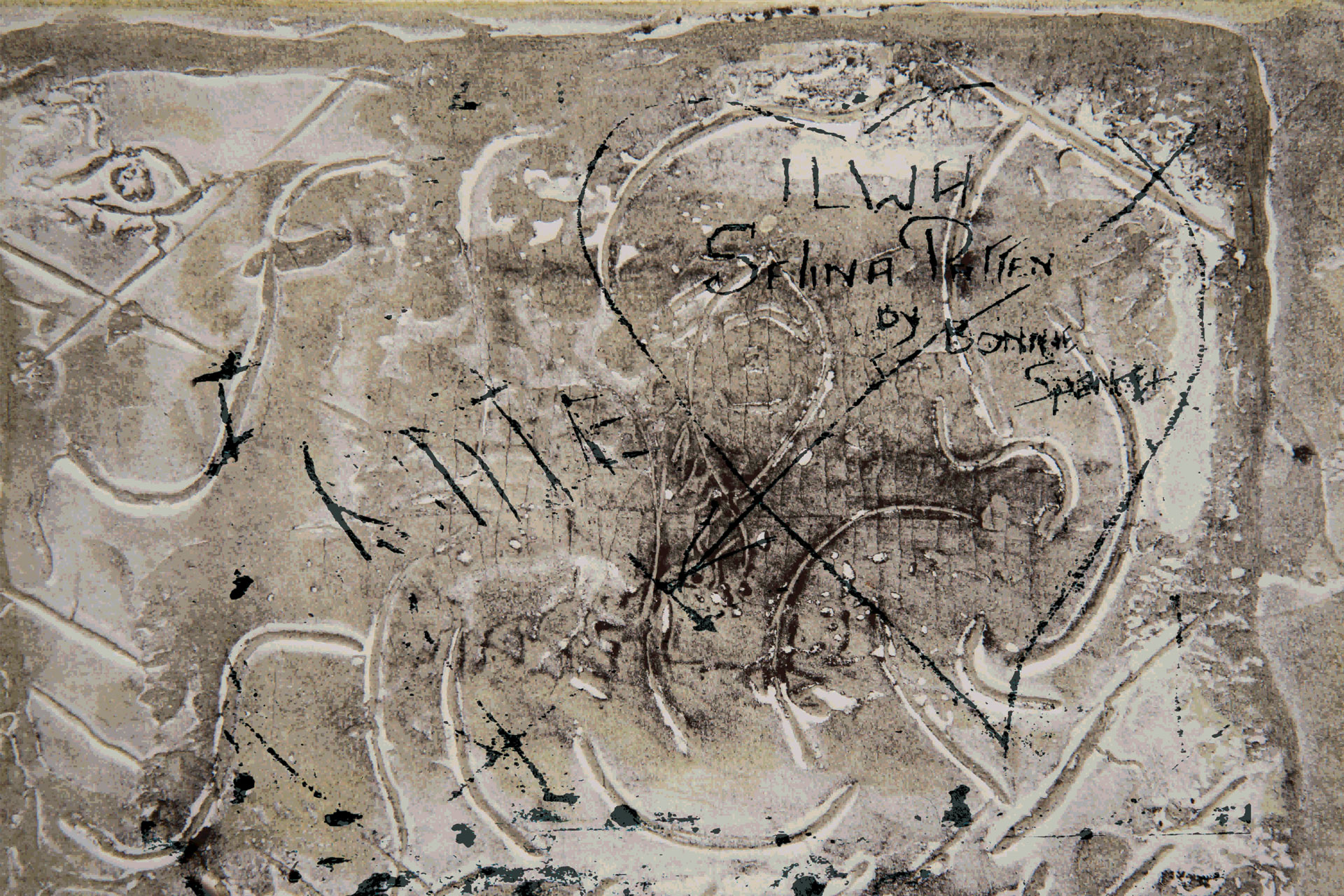In September 2016, the eScholarship Resource Centre at the University of Melbourne, supported by a Melbourne Engagement Grant, conducted a series of focus discussions on the topic Records and Rights of the Child. The project built on existing research activity at the ESRC into the impact of accessing archival material on later life experiences of people who have childhood experience living in out of home ‘care’. The project team brought knowledge from the Who Am I? and Find & Connect web resource projects, and a research method informed by a commitment to working together with communities to help achieve positive change. The Research team included Dr Antonina Lewis, Dr Cate O’Neill, and Rachel Tropea; with assistance of Louisa Coppel (The Big Picture Strategic Services).
Three focus groups were conducted in Canberra, Brisbane and Sydney. They brought together:
- People directly affected by policy and practice relating to records of out of home care or custody in childhood;
- Representatives of government and non-government bodies responsible for making, regulating, enforcing, or altering those recordkeeping frameworks;
- Creators and custodians of records of relevance to Care Leavers;
- Frontline support workers who assist Care Leavers with discovery and access to records.
Based on the insights from the Focus Groups’ participants, the ESRC report proposes five principles for Inclusive Recordkeeping:
- Inclusive recordkeeping requires inclusive language and design;
- Inclusive recordkeeping requires clarity around the terms of participation;
- Inclusive recordkeeping means having a right of reply;
- Inclusive recordkeeping allows people agency over their information;
- Inclusive recordkeeping recognises multiple rights in records.
For more information see Records and Rights of the Child: Report of Focus Discussions


